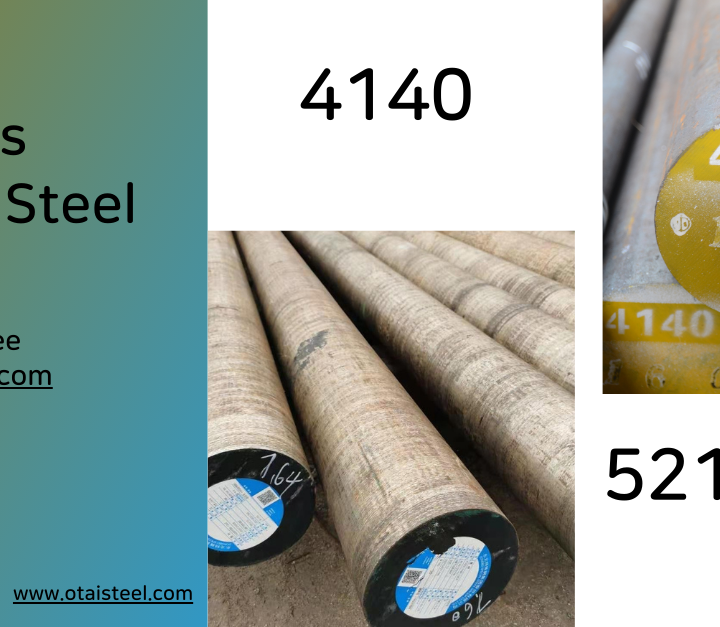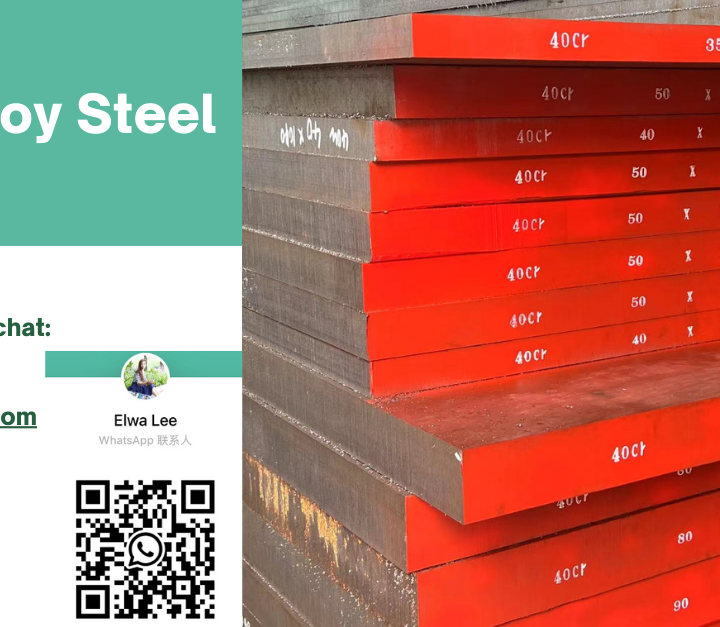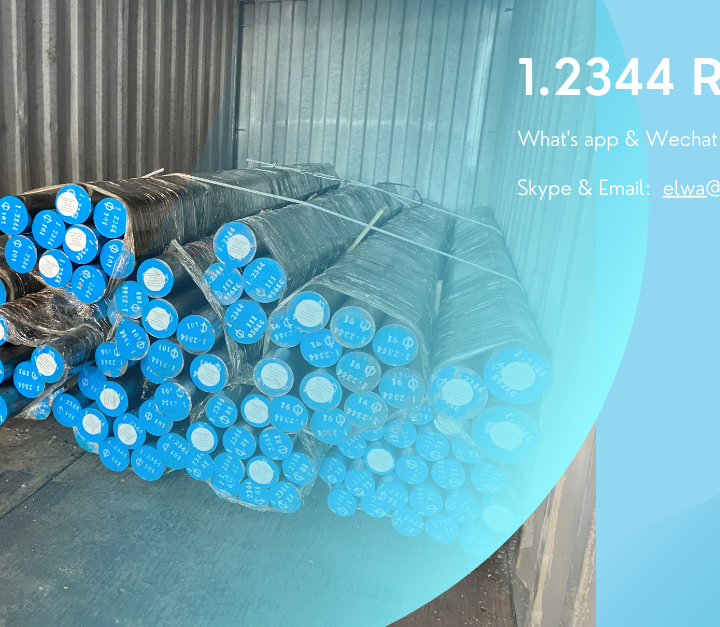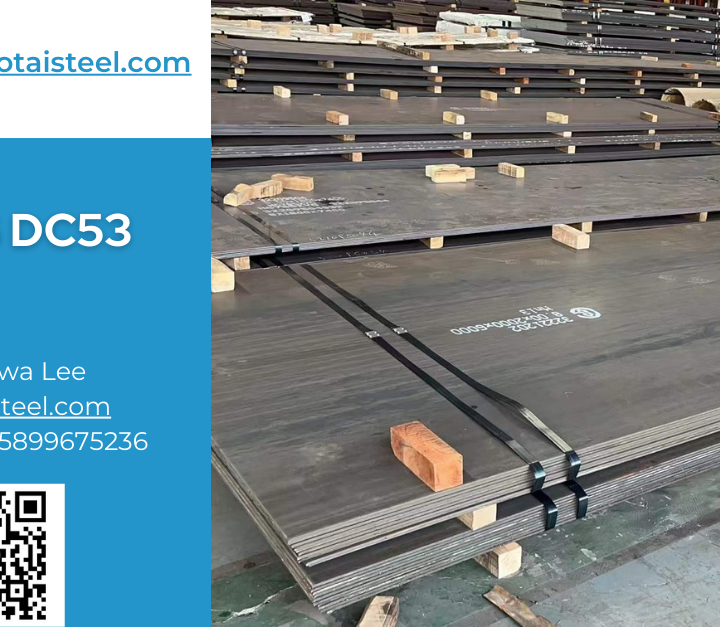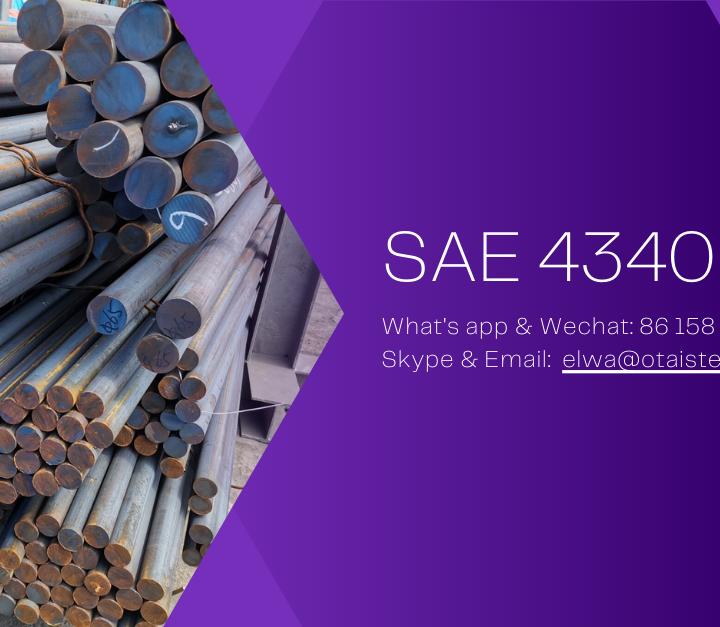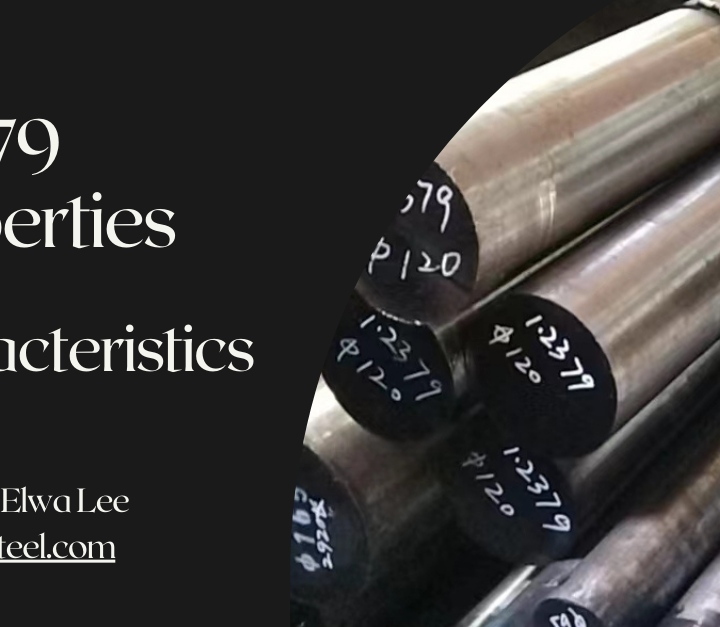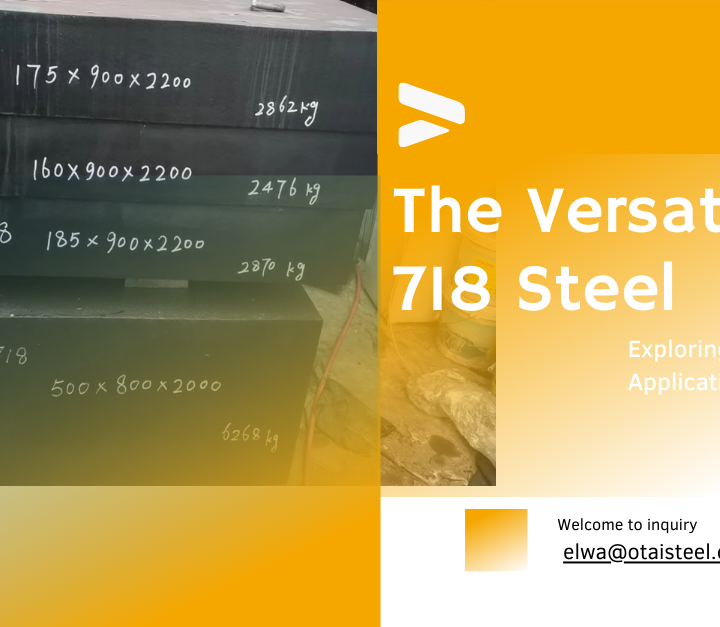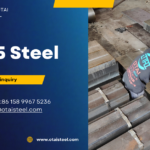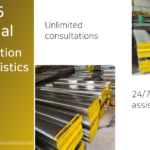Welcome to Dongguan Otai Special Steel’s comprehensive guide on 1.2085 steel and its international equivalents. If you’re in the market for this specific steel type or seeking information on its alternatives, you’ve come to the right place. In this article, we’ll delve into the characteristics of 1.2085 steel and explore its counterparts from around the world. By the end, you’ll have a clear understanding of what this steel has to offer and the options available to you as a buyer.
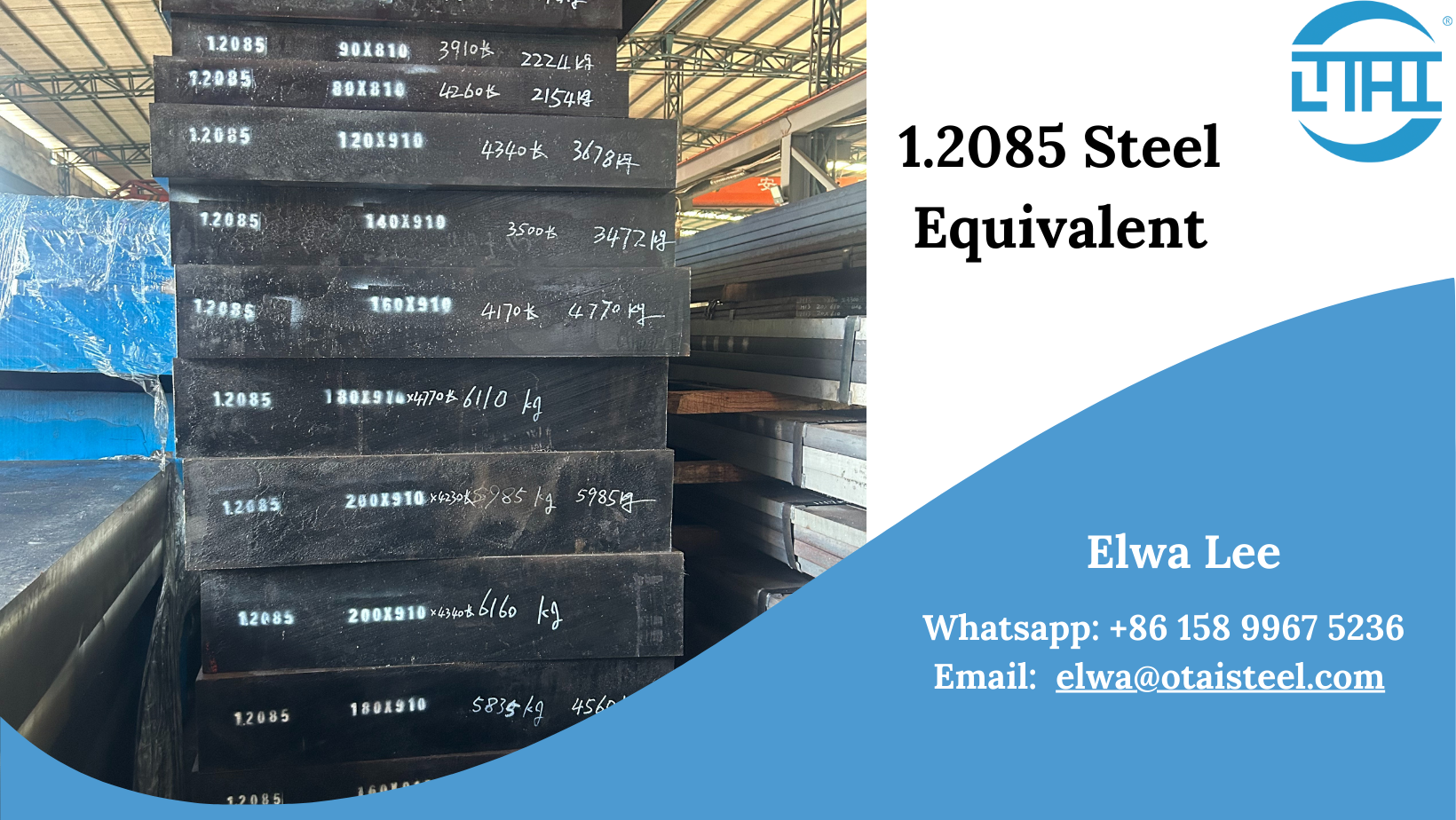
1.2085 Steel Overview
1.2085 steel, also known as AISI 420D, is a versatile and high-quality tool steel with excellent corrosion resistance and wear resistance properties. It belongs to the martensitic stainless steel group, making it a popular choice in various industries. This steel is renowned for its ability to maintain sharp cutting edges and resist corrosion even in challenging environments.
Properties of 1.2085 Steel
- Exceptional hardness
- Good corrosion resistance
- High wear resistance
- Suitable for applications requiring sharpness and durability
International Equivalents
- DIN X33CrS16: This German standard steel is a direct equivalent to 1.2085. It shares similar properties and is widely used in Europe.
- GB 4Cr13: In China, GB 4Cr13 is the counterpart to 1.2085 steel. It is known for its toughness and corrosion resistance.
- JIS SUS420J2: Japan has its version of 1.2085 steel, known as JIS SUS420J2. It is favored for its hardness and corrosion resistance, making it suitable for various applications.
- ASTM 420: In the United States, ASTM 420 is used as an alternative to 1.2085 steel. It offers excellent strength and hardness.
Applications of 1.2085 Steel
1.2085 steel and its equivalents find applications in a wide range of industries:
- Cutlery: Its sharpness and corrosion resistance make it ideal for knife blades.
- Medical Instruments: Used in the production of surgical instruments.
- Mold Making: Commonly employed for making plastic injection molds.
- Aerospace: Selected for its strength and durability in aerospace components.
Choosing the Right Steel
When considering 1.2085 steel or its international equivalents, it’s essential to assess your specific requirements. Factors like hardness, corrosion resistance, and intended application will guide your decision. Consulting with experts in steel materials can help you make an informed choice.
Conclusion
In conclusion, 1.2085 steel and its international equivalents offer a range of options for buyers seeking a high-quality tool steel. Whether you’re in Europe, China, Japan, or the United States, you can find a comparable steel type that suits your needs. Remember to evaluate your specific application requirements before making a decision.
FAQs
- What are the key properties of 1.2085 steel?
1.2085 steel is known for its exceptional hardness, good corrosion resistance, and high wear resistance, making it suitable for various applications.
- How does 1.2085 steel compare to its international equivalents?
While 1.2085 steel is the standard reference, international equivalents like DIN X33CrS16, GB 4Cr13, JIS SUS420J2, and ASTM 420 offer similar properties and can be chosen based on regional availability and specific application needs.
- What industries commonly use 1.2085 steel?
1.2085 steel is utilized in industries such as cutlery, medical instruments, mold making, and aerospace, thanks to its sharpness, corrosion resistance, and durability.
- What should buyers consider when selecting a steel type?
Buyers should evaluate factors like hardness, corrosion resistance, and intended application to choose the right steel type for their needs.
- Where can I get expert advice on selecting the appropriate steel for my project?
You can reach out to Dongguan Otai Special Steel’s experts by emailing elwa@otaisteel.com or contacting us via WhatsApp at +86 158 9967 5236 for personalized guidance on selecting the right steel material for your project.
